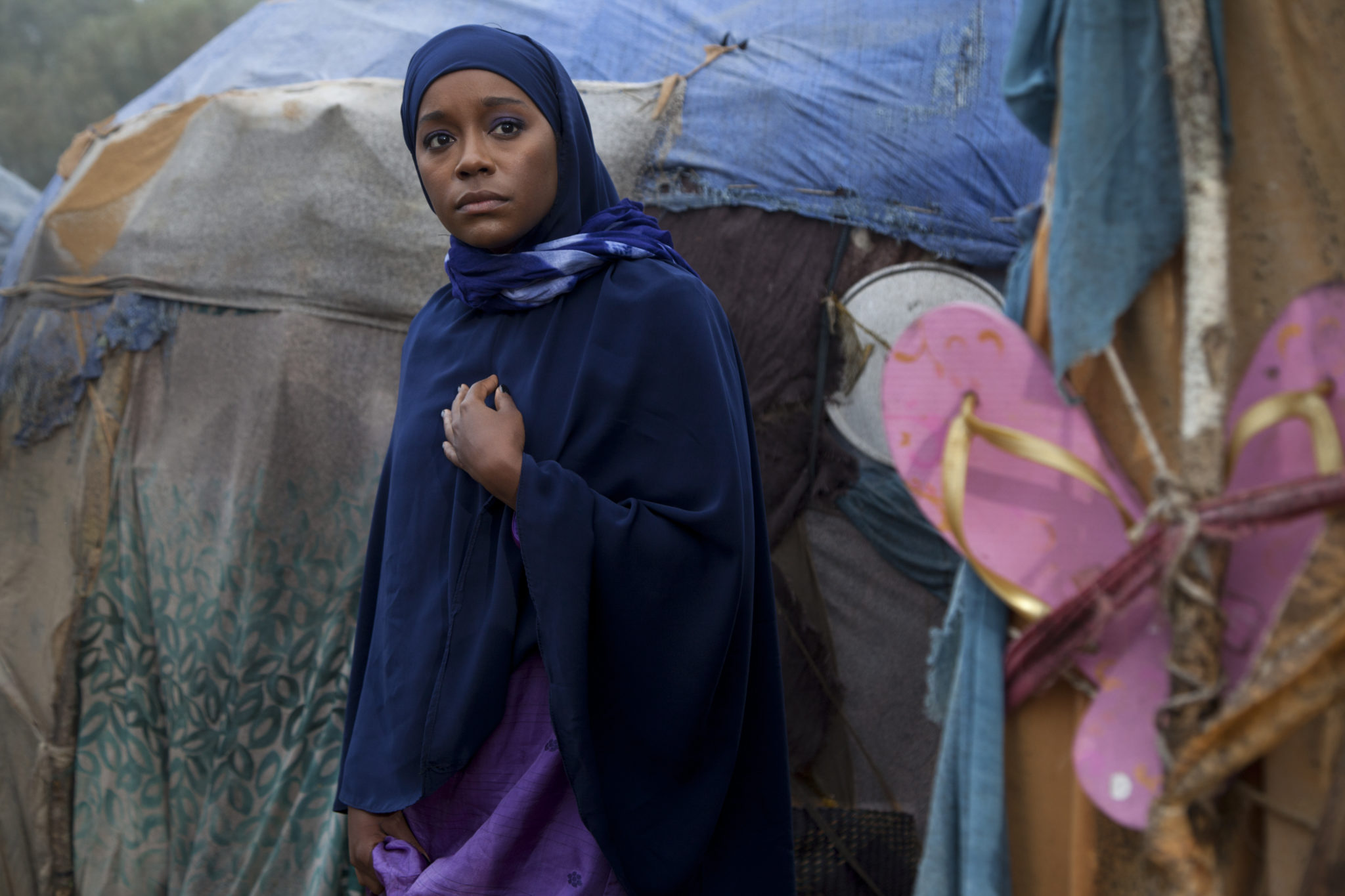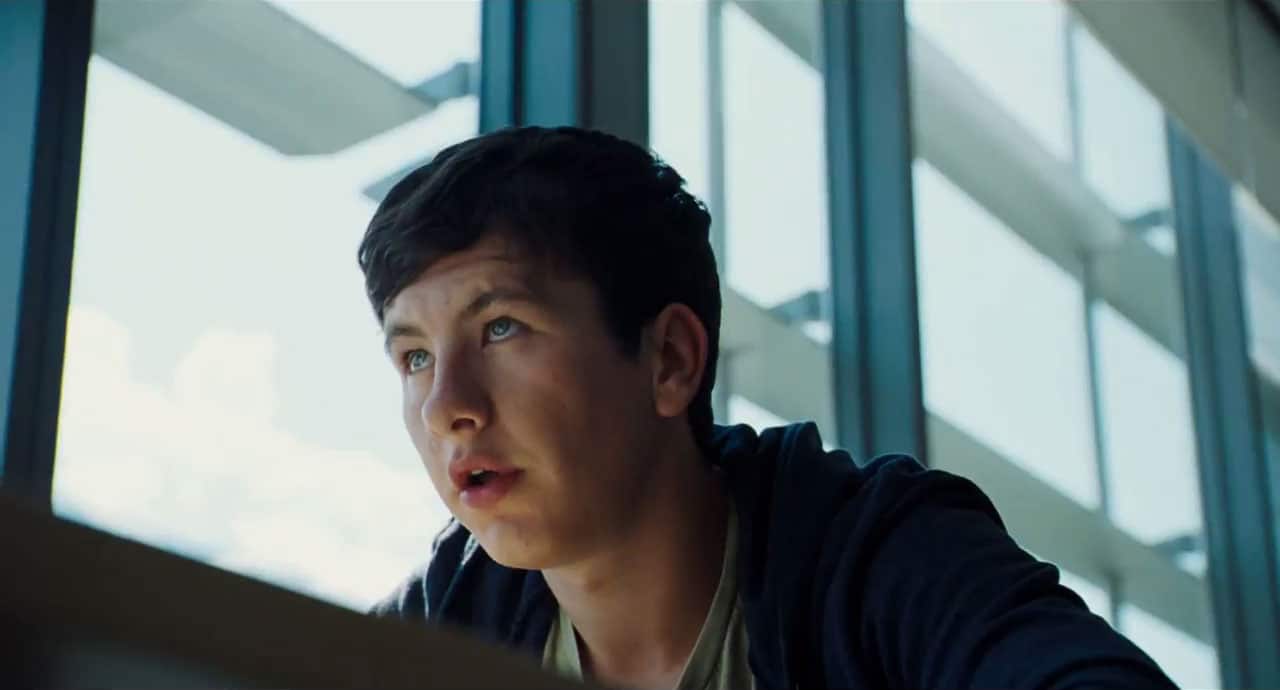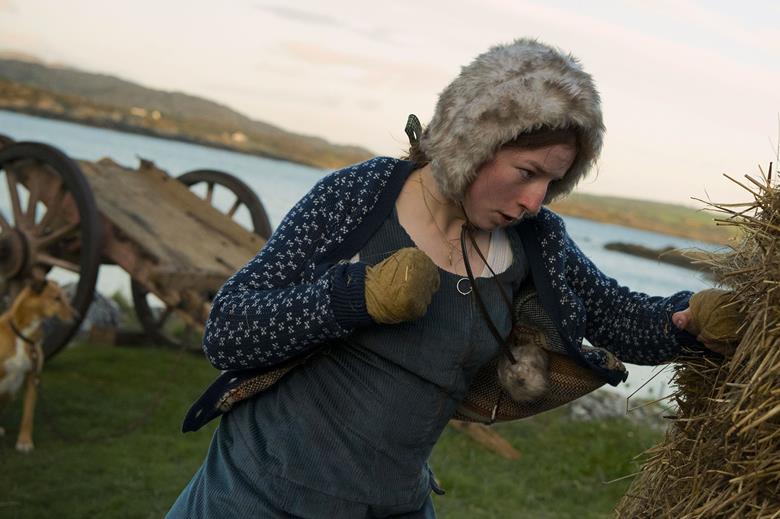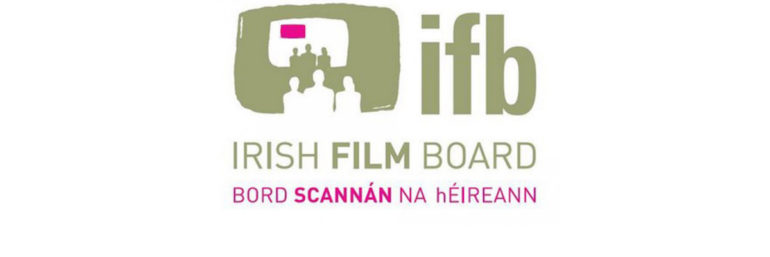Bord Scannán na hÉireann/the Irish Film Board (IFB), the national development agency for the Irish film, television and animation industry is today launching Irish Film 2018, the slate of IFB supported productions coming to audiences this year. The publication follows a further successful year for the industry in Ireland which saw IFB supported production output of €84million — a 58% increase on 2016.
The launch comes during a week when Irish talent was again recognised on the global stage with Academy Award nominations for Cartoon Saloon and Nora Twomey’s The Breadwinner, Saoirse Ronan, Consolata Boyle, Martin McDonagh and Daniel Day Lewis. This is the fourth ceremony in a row in which talent from the Irish film, TV and animation industry has been short-listed at the annual Oscar ceremony; solidifying Ireland’s place as a country that is excelling in the creation and production of unique content, with stories and talent that is competing with the best in the world.
The IFB is focused on continuing to drive success and growth of the screen industries in Ireland through targeted strategic support such as a commitment of €6 million for Irish animation over the next three years; new initiatives to support female talent; and an increase in regional production spending which has facilitated exciting developments such as the production of George R.R. Martin’s Nightflyers at Limerick’s Troy Studios, as well as productions in Cork, Galway, Roscommon and Kilkenny.
In addition, the imminent publication of a Government-commissioned report by Olsberg SPI will help to inform the development of an industry roadmap for a long-term and sustainable industry that is now providing employment to more than 15,000 people. The IFB looks forward to the publication of this important report and to the implementation of its recommendations which it believes will allow for the continued growth of the screen industries in Ireland.
An Exciting Array of New Irish Titles Coming to Audiences in 2018

Irish Film 2018 includes 16 Irish feature films, 5 creative co-productions, 5 TV animations, 13 documentaries and 21 short films, alongside 1 major international TV drama series.
Highlights from emerging and established Irish talent include:
- Carmel Winters’ Float Like A Butterfly, set in 1970’s Ireland, which follows a young Irish traveller girl named Frances and tells a touching and universal story about self-determination and family bonding;
- Dave Tynan’s big-screen realisation of Dublin Oldschool; adapted from Emmet Kirwan’s critically acclaimed play of the same name;
- A return by acclaimed Irish director, Mary McGuckian with her highly anticipated feature, A Girl From Mogadishu, based on the testimony of activist Ifrah Ahmed;
- The directorial debut of Hugh O’Conor in the form of Metal Heart, starring up-and-coming Irish actress, Jordanne Jones, in a tale of two sisters who are worlds apart;
- Wolfwalkers, an animated feature by Cartoon Saloon’s Tomm Moore and delivered as the final instalment of the company’s Irish folklore triptych, following on from the Oscar-nominated The Secret of Kells and Song of the Sea in 2010 and 2015
- Sean Mullen’s animated feature The Overcoat, featuring the voice talents of Cillian Murphy;
- Creative Co-Productions include the latest feature from Lenny Abrahamson — supernatural horror thriller, The Little Stranger — and Chanya Button’s Vita & Virginia, produced by Katie Holly of Dublin’s Blinder Films; and
- Documentaries such as Sinéad O’Shea’s shocking portrait of a post-conflict society, A Mother Brings Her Son To Be Shot, Brendan Byrne’s One Million American Dreams, which follows the campaign to finally turn New York’s Potter’s Field into a dignified resting place and Ross Whitaker’s Katie, featuring the legendary Irish boxer Katie Taylor on her quest to change the game of women’s boxing yet again after a professionally devastating year.
As is evidenced in the wonderfully varied 2018 slate of productions, the definition of ‘Irish film’ continues to evolve and transform, as well as entertain and delight. We strive for this annual showcase of Irish creative talent to be as equal and diverse as possible because supporting a multiplicity of Irish voices is integral to the work of the IFB. We have made some progress in the implementation of our Six Point Plan on Gender Equality, and we remain committed to achieving all targets set in our Strategy in the years ahead. What our audiences see on screen not only reflects society but challenges, subverts and ultimately transforms it. The screen is a powerful channel.
Dr Annie Doona, Chair – Irish Film Board
2017 was another great year for the Irish film, TV and animation with a significant uplift in overall activity. It has already been a great start to the year with the five Oscar nominations for Irish talent this week, which keep Ireland and its talent top of mind amongst international audiences, and we also remain focused on supporting and nurturing existing and emerging creative filmmaking talent. 2017 saw the likes of Aoife McArdle, Frank Berry, John Butler and Nora Twomey break through on the international stage and in 2018, we look forward to supporting many diverse Irish voices including Dave Tynan, Emmet Kirwan, Alexandra McGuinness, Carmel Winters and Mary McGuckian.
This will also be an important year for IFB as we seek to maintain the quality and quantity of production undertaken in Ireland but importantly as we look to the recommendations within the Olsberg SPI report and seek to implement them in a manner which will provide a structure for the long-term growth and development of the TV, film and animation sectors in Ireland.
James Hickey, Chief Executive – Irish Film Board
The Sustained Rise of Irish Creative Talent

Building on the unprecedented success of recent years, Irish talent continued to make its mark at the world’s leading film festivals in 2017.
The year began with two Irish documentaries selected for Sundance and four films screening in Official Selection at the Berlinale, alongside Golden Globe nominations for Sing Street, The Lobster, as well as actresses Ruth Negga and Catriona Balfe with Negga and costume designer Consolata Boyle also receiving Academy Award nominations.
The Element Pictures-produced The Killing of a Sacred Deer screened in Competition at the Cannes Film Festival in May, taking home the Best Screenplay accolade, Stephen Burke’s MAZE soared to become the biggest-grossing Irish film of the year and in September eight IFB supported titles were selected for the prestigious Toronto International Film Festival (TIFF).
Four Irish actors and one producer were named among Screen International’s Stars of Tomorrow series while ten Irish filmmaking talents were selected as stars on the rise by The Hollywood Reporter (watch the trailer here). Barry Keoghan in particular won scores of critical acclaim for his chilling turn as Martin in Yorgos Lanthimos’ Sacred Deer; making it onto Variety’s Ten Actors to Watch list for 2017.
Increased Regional Production Activity

Overall, in 2017 and into 2018, the production spend outside of Dublin will be €46.7 million.
Troy Studios opened in Co. Limerick in 2017, providing much needed additional production infrastructure. The IFB is supporting the first production to film at the Studios — a TV series adaptation of George R.R. Martin’s 1980 novella — Nightflyers.
Attracting a production of this type is a major coup for Troy, and for Ireland. Not only does it create important jobs for Irish creative talent and the associated production spend, it also further enhances Ireland’s international reputation as a production location creating benefits and opportunities for the industry at large.
Other productions supported by the IFB outside of Dublin in 2017 include:
- Ivan Kavanagh’s Never Grow Old (Galway);
- Ian Fitzgibbon’s Dark Lies The Island (Roscommon);
- Carmel Winters’ Float Like A Butterfly (Cork);
- David Gleeson’s Don’t Go (Galway) and;
- Tomm Moore’s Wolfwalkers (Kilkenny).
Inward production
Other major productions to choose Ireland as a film location in 2017 included the BBC series Little Women, AMC’s Into the Badlands, and Reed Morano’s spy thriller The Rhythm Section staring Blake Lively. Audiences around the world also saw Irish landscape on their screens as part of Star Wars: The Last Jedi.
With the global demand for film and TV production continuously increasing, this will continue to be an area of focus for the IFB.
Driving Growth through Strategic Partnerships
2017 saw the IFB embark on a number of strategic partnerships to drive growth in the industry.
It has teamed with TG4 and the Broadcasting Authority of Ireland for the new joint-funding initiative, Cine4 that will see two films produced in the Irish language, and a new Scripted Comedy partnership was also announced in association with RTÉ to support Irish scripted comedy projects with export potential. RTÉ has also committed to showing two Irish films on RTÉ 2 on Saturday nights during 2018, to expand the audience reach and enjoyment of Irish film.
Continued and Sustained Support for Female Talent
Supporting and empowering female creative filmmaking talent will remain a priority for the IFB in 2018 as it seeks to work towards the target of 50/50 gender parity which is set in its Six-Point Plan on Gender Equality and its Five-Year Strategy, Building on Success.
Following on from the funding initiatives which were announced at last year’s Galway Film Fleadh specifically targeted at female writers, directors and producers, in the coming weeks, the IFB will launch the details and guidelines for POV — a new low-budget training and production scheme aimed exclusively at female writers and directors.
In 2017, Irish female film makers receiving international acclaim included Emer Reynolds (The Farthest), Aoife McArdle (Kissing Candice), Nora Twomey (The Breadwinner) and Neasa Ní Chianáin (School Life).

